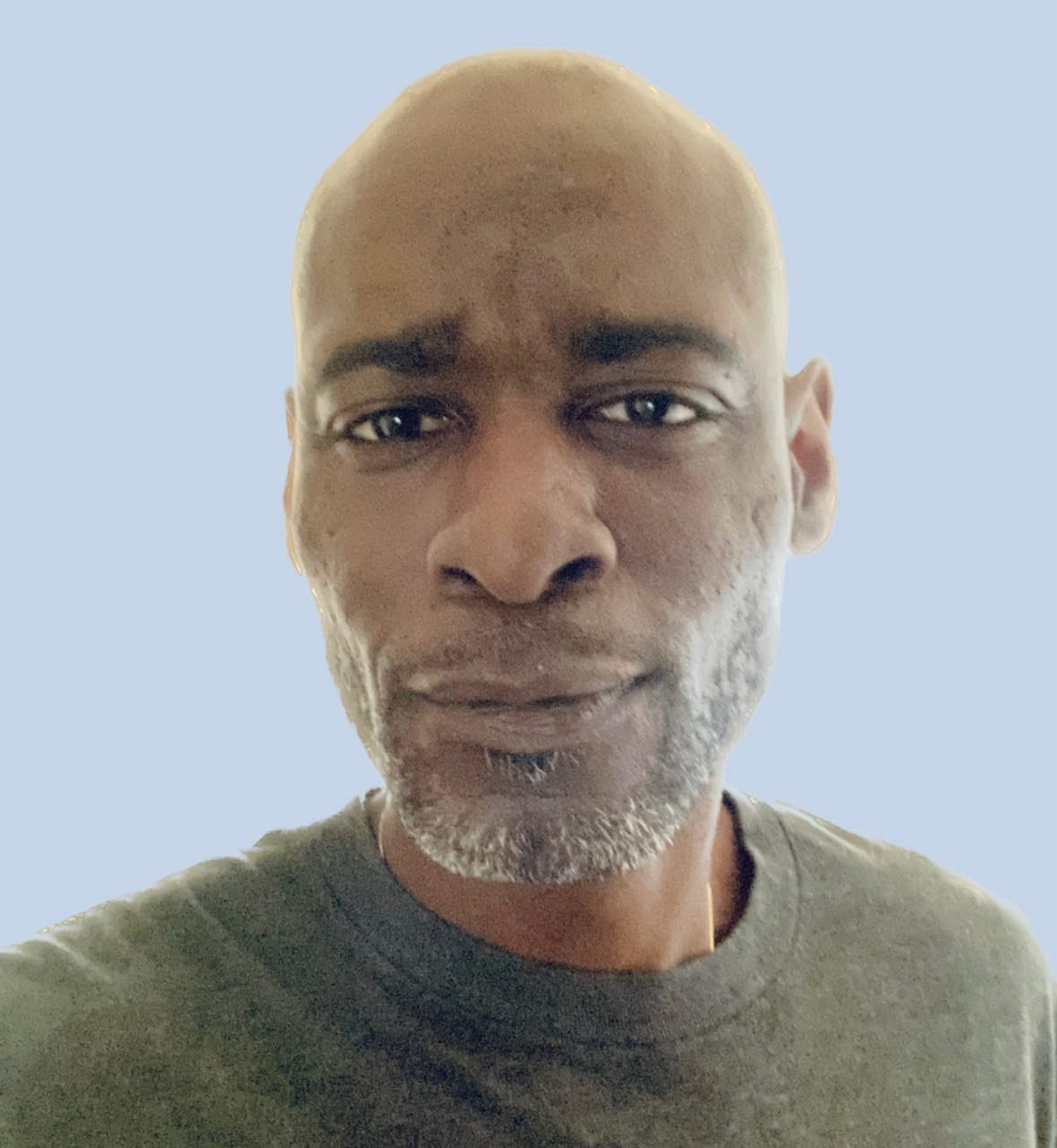Previously, I introduced the fourfold formula for verbal confidence, starting with acclimatization. Now I will pick up where I left off, introducing the second of our four-step process – yep – it is courage.
BE COURAGEOUS
Before I developed courage to speak in public, I did not have a voice. I had zero style. And yeah, zero courage. I was a talking-walking bundle of nerves when tasked to give presentations. The bigger the stage, the more afraid I’d become. The bigger the moment, the greater the chance my introverted biology would trigger an implosion.
Initially, like most novice-introverted speakers terrified of the big stage, I spoke in one tone: low. However, with training and wisdom from a great speech communications professor, Dr. Ronald Lomas, and a ton of hard work, I began to believe in myself. Belief in myself as an orator empowered me to circumvent my fear of the big stage. I began to speak with a different diction, as in speaking words of certainty versus the “I think so” and “Maybe” verbiage of uncertainty. My tone of voice became louder, and, with each speech delivered, I became more confident. Once on stage, and confident, I found my strength and burned the muzzle that subdued my voice.
As with outspoken people, extroverts, or those who don’t have a care in the world, they have no problem speaking out. The personalities I’ve just referenced will express themselves, even if they’re the only minority amongst a majority that doesn’t favor them. How is this? How could one say whatever, whenever, to whomever, and not lament potential consequences? From where is their courage derived? The answer to the “how” and “from where” is courage which comes from either bucket:
A) INBRED or
B) DEVELOPED.
Concerning “A” — some people are wired differently. Remember — introverts are wired to remain silent unless the surrounding conditions are in our favor. Our flamboyant extroverted counterparts, however, are wired to talk and let it all hang out.
But let’s examine “B” — courage that’s developed. For introverts who lack courage in communicative scenarios such as public speaking or debate amongst large and/or unfamiliar audiences, courage must be developed.
But how?? I’m so glad you asked! You see, one develops courage by identifying the culprits that cause fear and paralysis, and by finding actions to overtake said fear and paralysis.
When I took the stage as an orator, I was courageous – my courage was developed. As cited earlier, Dr. Ronald Lomas, my speech communications professor, was a big help, as he provided training and advice based on the anxiety and fear he saw in me and other students. Collectively, Dr. Lomas’ mentorship was a fire match. In sequence, my toil and practice to become a better orator was “a part of the development process” to strike the match and light the flame, thus acquiring the courage to speak in public — this yielded belief in myself as an orator. But what I didn’t mention was courage and self-belief were also derived from having sufficient knowledge of my subject matter – this was the other part of the process – or me ultimately holding the flame to and burning the muzzle that subdued my voice.
THE POWER AND SPLENDOR OF KNOWLEDGE
Let’s revisit the intro — out of the gate, I said, “Imagine you’re with people you know, and someone broaches a topic — a topic you know very little about if anything at all.” As everyone is offering their opinions and suggestions, you remain silent because you’re afraid to voice your thoughts. To intensify this scenario, those in attendance, or some of them, are people who once belittled your input during discussions. Following noted experience, the ferocity and courage you had then perished. Next, you began to second-guess yourself — so severely that you chose not to speak your thoughts for the remainder of the discussion.
As you find yourself once again in familiar territory, you have opted to plead the fifth.
While there is no one, and I mean no one who knows everything, I can find comfort in this truth, mainly if engaged in opinion-based conversation. Still, it’s tough for some people to adopt this mindset to overcome the overwhelming fear of looking bad for having said the wrong thing. No one wants to look stupid and be made fun of for disclosure of inaccuracies.
However, having sufficient knowledge as in “knowing enough about a given topic” empowers you to speak. Here’s the deal, when you know what you’re talking about — so much that you can stand behind your words without second-guessing yourself — you eradicate fear. Hey, if someone wants to be an ass and challenge you, it’s easy to take them on, word for word, and defend your statements, all because you know your stuff. But we’re not done here, as we need to go a step further, a few feet deeper.
Having sufficient knowledge doesn’t mean knowing all things. Remember “no one knows everything” – this is truth. Additionally, I told you I can find comfort in noted truth if I’m engaged in an opinion-based conversations such as Jordan vs. LeBron, Brady vs. Manning, Coca Cola vs. Pepsi? Which one is the GOAT?? Beautiful ladies and handsome gentlemen, the conversations I have mentioned are watercooler-barbershop–type debates without merit. Instead, acquire knowledge in areas that matter as in work-related affairs, family issues, negotiation for betterment, etc. Sufficient knowledge is evident with, but not limited to supporting quantitative and/or qualitative data, consistent testimonies, answers to most or all questions, unwavering poise, and yes, your voice.
…
Acclimatization, courage, and knowledge combined is a viable practice to counter communicative paralysis. Yet, when tasked to speak, how exactly will you deliver your words? Specifically, will you speak with style or zero personality? Will your voice sound alive and authentic, or flat and artificial?
Next week I’ll wrap up with our third and final installment – find your voice. Until then, thank you for reading this post; I’ll see you soon.
Kind regards,
Joshua





